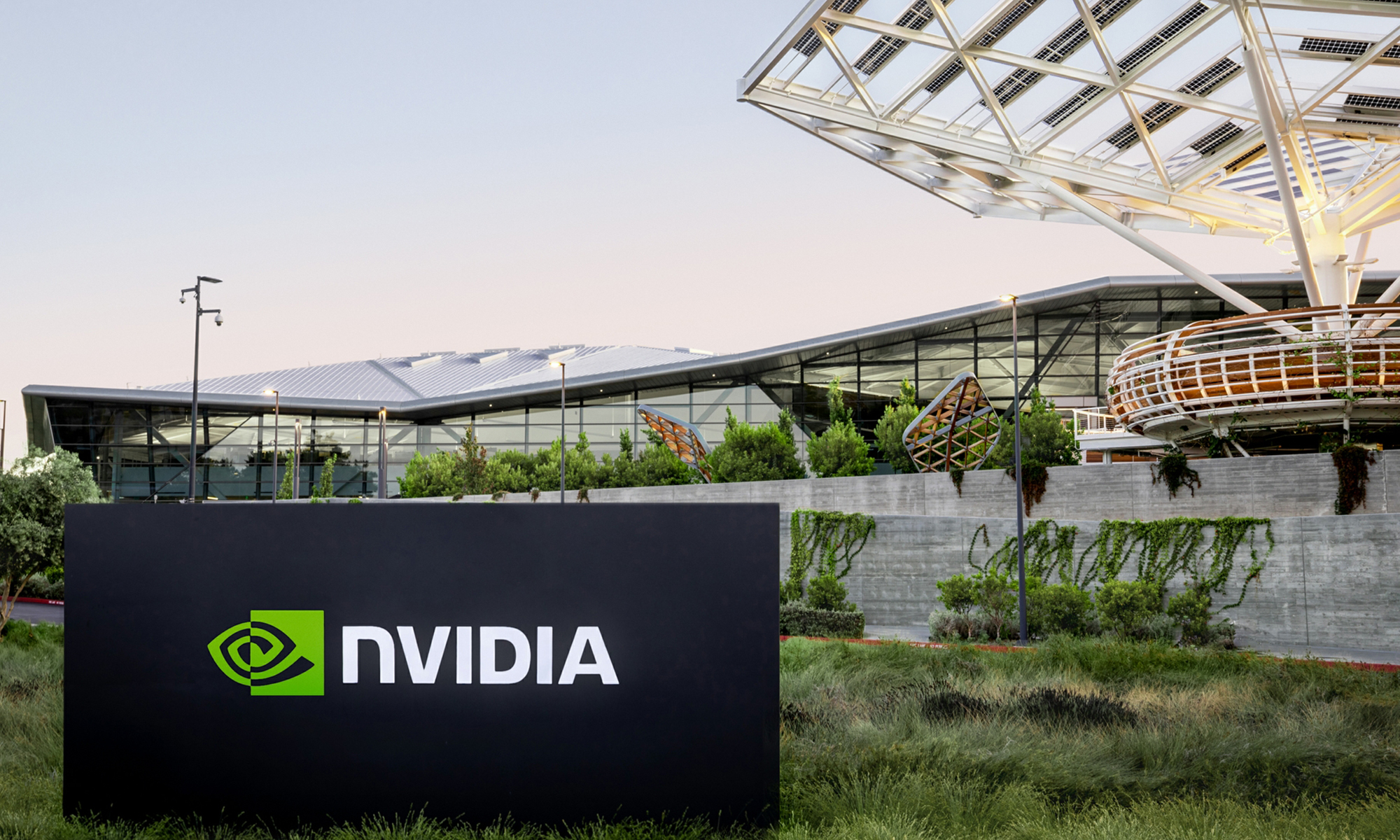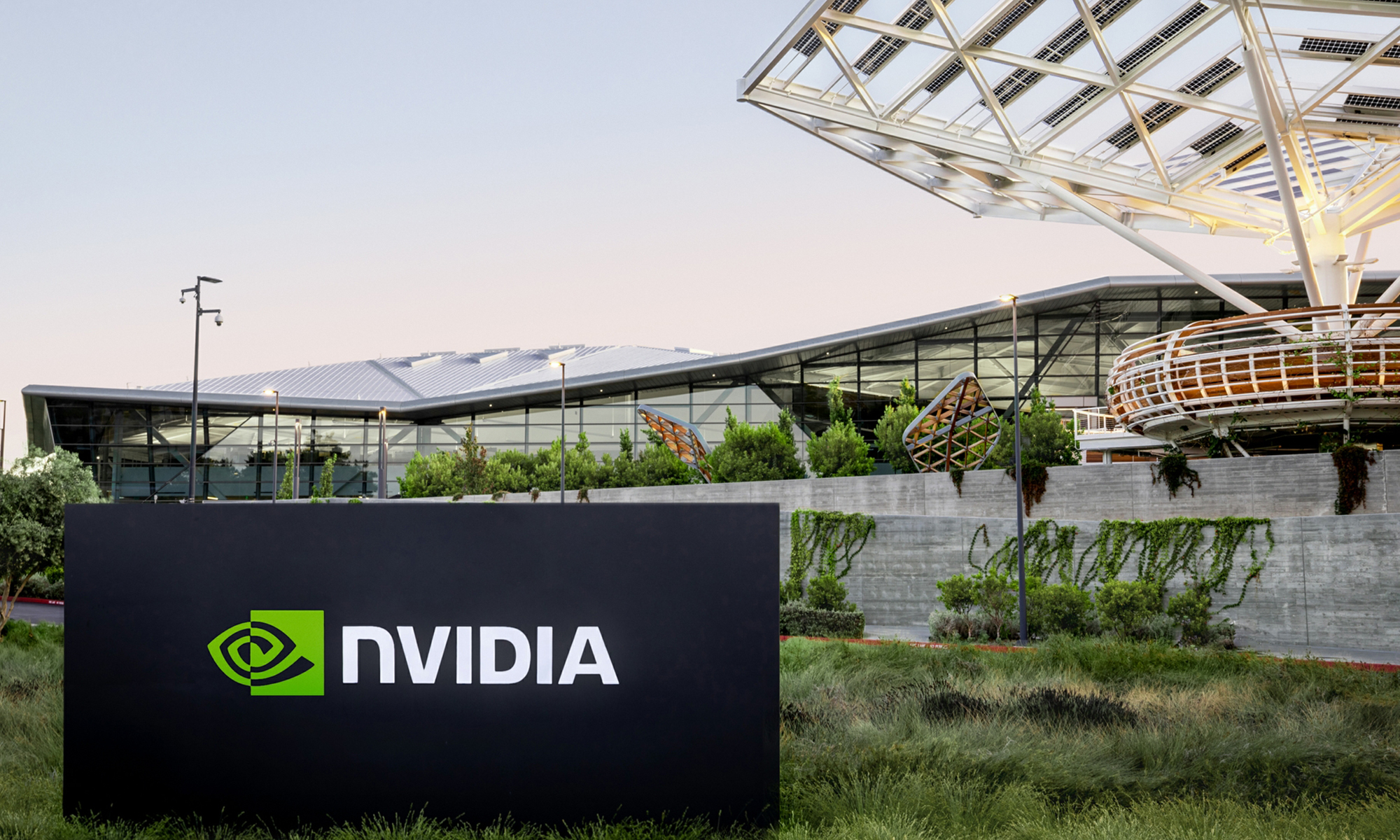Membership-club leader Costco Wholesale (COST +0.96%), AI (artificial intelligence)-chip titan Nvidia (NVDA 1.48%), and electric-vehicle specialist Tesla (TSLA 1.81%) are among the market's most admired companies. Their execution has been impressive in 2025, helping their stocks earn their high valuations. The question for investors is not whether these are great businesses. It is whether today's prices set them up to deliver attractive returns from here. On that score, caution seems prudent.
As you'll see, there's a lot to like about the fundamentals of these three spectacular businesses, but the valuations attached to that strength suggest limited margin for disappointment.

Image source: Getty Images.
Costco: stellar comps and renewal
Attracting loyal customers with its membership-based retail model and its excellent prices, Costco has seemed like it can do no wrong in recent years. And the company's latest financial results bolster this view.
Costco's fiscal fourth quarter (reported Sept. 25) showed a business still in excellent shape. Total revenue rose about 8% year over year to $86.2 billion for the quarter, with adjusted comparable sales up 6.4% and e-commerce up 13.5%. Full-year revenue increased 8% to $275.2 billion, and earnings per share rose about 10% year over year to $18.21.
Recent monthly updates confirm continued momentum, with September adjusted comps up 6%. Additionally, the company started reporting a new metric in September called "digitally enabled sales," which were up 26.3% year over year when adjusting to exclude the impacts from gas prices and foreign exchange.
"This metric," which replaces Costco's e-commerce comparable sales metric, "now includes all sales delivered to members that are initiated through a digital device, whether fulfilled through a warehouse or a distribution center, and Costco-Travel," Costco explained in the company's September sales update.
Despite this solid business momentum, investors should be concerned about valuation. As of this writing, shares trade at about 51 times earnings -- a rich multiple for a retailer growing sales in the mid-single digits and earnings in the high single digits. That premium may persist given the company's outstanding renewal rates and scale advantages, but it leaves little room for any execution slip-ups or for a softer consumer in the case of macroeconomic weakness.
Nvidia: exceptional growth
Nvidia's latest quarter (fiscal second quarter ended July 27) again highlighted remarkable momentum. Revenue increased 56% year over year to $46.7 billion, driven by data center sales of $41.1 billion, while non-GAAP gross margin was an impressive 72.7%. Management also guided to about $54 billion of revenue (implying about 54% year-over-year growth) for the October quarter and an even more robust non-GAAP gross margin. With "extraordinary" demand, as founder and CEO Jensen Huang put it, management was able to provide this guidance with confidence in its business.

NASDAQ: NVDA
Key Data Points
Even so, investors must weigh slowing growth rates against a still-hefty valuation. As of this writing, shares trade at about 52 times earnings. That kind of multiple embeds aggressive expectations for continued leadership amid intensifying competition and shifting and uncertain export rules. If growth moderates further, or if margins drift lower as supply catches up and pricing becomes more competitive, the stock's valuation multiple could contract significantly.
Tesla: record deliveries and optionality
Tesla's third-quarter deliveries update helped address some concerns about a lull in the electric-car maker's sales recently. The company delivered over 497,000 vehicles and deployed a record 12.5 gigawatt hours of energy storage -- both quarterly records. Though it's worth noting that there may have been a pull-forward in vehicle demand as buyers rushed to buy electric cars before the expiration of the $7,500 vehicle credit at the end of the quarter. Still, recent updates to its vehicle lineup could help extend this sales momentum in the quarters ahead.
Investors will get the full financial picture on Oct. 22, when the company is scheduled to report its third-quarter financial results.

NASDAQ: TSLA
Key Data Points
Despite an encouraging return to vehicle sales growth in Q3, the stock's sky-high valuation should be raising eyebrows. As of this writing, the shares trade at a price-to-earnings ratio of more than 250. That multiple implies years of robust growth from a capital-intensive auto business, further dominance in energy storage, and significant value creation in the more speculative parts of its business: autonomy and robotics. Meanwhile, the industry backdrop is concerning as affordability remains difficult in a high-interest rate environment and an uncertain labor market.
All three companies continue to post strong fundamentals, and none look like obvious "sells" purely on business quality. The concern is the gap between durable businesses and demanding prices. Costco's steady growth and best-in-class loyalty, Nvidia's AI leadership and hefty margins, and Tesla's return to growth in vehicles and product optionality are all real positives. But at certain prices, even the best companies don't make for good investments.
For investors considering investing in these three companies today, patience may be the best course of action. A better time to buy them could be during a significant sell-off. While there's no guarantee that these three companies' shares sink lower, the risk-reward trade-off from their current prices simply isn't attractive enough today.






